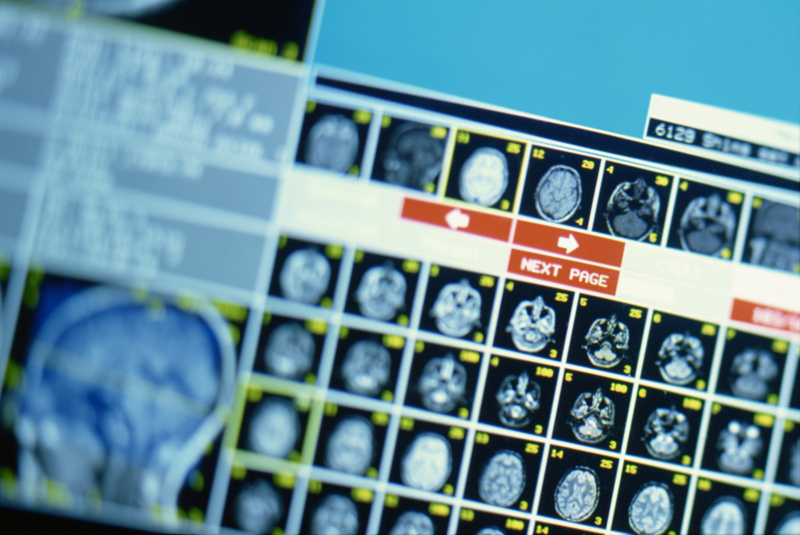
Here are some of the latest health and medical news developments, compiled by the editors of HealthDay:
Pediatricians Call For Reductions in Underage Drinking
Underage drinking is a major contributor to teen deaths and greatly increases the risk of other risky behaviors such as substance use and unsafe sex, says a new American Academy of Pediatrics policy statement released Monday.
The statement urges pediatricians to work hard to prevent children and teens from drinking alcohol, USA Today reported.
Underage drinking affects the developing brains and general health of young people, including hampering the ability to fight infections and harming liver function, according to the statement.
In addition, alcohol use by children and teens:
- Is a major factor in the leading causes of teen death — accidental injury (including car crashes), homicide and suicide.
- Greatly increases the risk of other dangerous actions such as unsafe sex, substance abuse and violent behavior.
- Is associated with binge drinking, which can be fatal.
The statement appears in the journal Pediatrics.
—–
WHO Admits Swine Flu Pandemic Missteps
There were a number of problems with its response to the H1N1 swine flu pandemic, the World Health Organization acknowledged Monday.
The shortcomings included a failure to communicate uncertainties about the new virus as it spread around the world, MSNBC.com reported.
“The reality is there is a huge amount of uncertainty (in a pandemic). I think we did not convey the uncertainty. That was interpreted by many as a non-transparent process,” said Keiji Fukuda, the top influenza expert at WHO.
The agency has been accused of creating needless panic about the swine flu pandemic, prompting nations to stockpile vaccines that went unused. Some critics have said WHO’s decision to declare a pandemic was influenced by vaccine makers, MSNBC.com reported.
At a three-day meeting in Geneva, a outside panel of 29 flu experts will review WHO’s handling of the swine flu pandemic.
“We want a frank, critical, transparent, credible and independent review of our performance,” said WHO Director-General Margaret Chan.
—–
Daycare Stayed Open Despite E. Coli Outbreak
Even after children were hospitalized with a deadly strain of E. coli, a daycare center in Vancouver, Wash., was allowed to remain open because health authorities believed the outbreak would spread farther if parents took their children to other daycare centers.
A 4-year-old boy who attended the center died after being infected, and three other children became ill, the Associated Press reported.
The first case of E. coli at the was reported March 19, but Clark County health officials didn’t order closure of the facility until April 2. The decision to close the daycare was made after more children and staff with no symptoms tested positive to the deadly E. coli strain.
“This is really tragic, and we’re certainly concerned about the kids who were hospitalized, but we’re also concerned about keeping this from spreading to other parts of the community,” Clark County health officer Dr. Alan Melnick said over the weekend, the AP reported.
—–
Doctors Remove Live Ammunition From Soldier’s Head
A live round of ammunition was removed from the head of an Afghan National Army soldier last month by U.S. military doctors.
A bomb disposal team was present in the operating room at Bagram Air Field Hospital as the doctors worked to extract the 14.5 millimeter round — more than two inches long — from the scalp of the patient, the Associated Press reported.
During the operation, Maj. John Bini and Maj. Jeffrey Rengel wore body armor. After the round was removed, the bomb technicians took it away.
The patient, in his 20s, is continuing to improve, according to a U.S. Air Force news release, the AP reported.
This was a highly unusual situation and is the first Bini said he knows of in the Afghanistan war. Bini added that there have been fewer than 50 cases of this type in the past 50 years of modern warfare.
—–
‘Breakthrough’ Kidney Gene Discovery: Study
Doctors who pinpointed 20 genes associated with kidney function say their finding could one day “revolutionize” treatment of kidney disease.
The international team of scientists analyzed the genes of nearly 70,000 people across Europe. They identified 13 genes that influence kidney function and seven that affect the production of creatinine, a waste molecule generated by muscle metabolism that is filtered through the kidneys, BBC News reported.
The study appears in the journal Nature Genetics.
“This work could revolutionize the treatment of kidney disease in the future — but this will take some time,” said Dr. Jim Wilson, a University of Edinburgh geneticist who worked on the study, BBC News reported.
“These are still early days, but it is truly a great breakthrough,” agreed Charles Kernahan, chief executive officer of the charity Kidney Research UK.
—–

